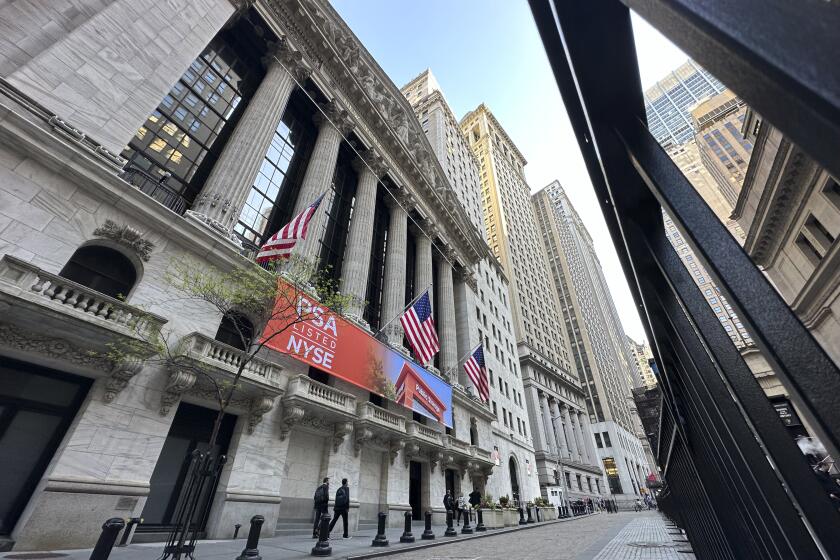Private Companies Charge Into Public Stock Offerings
Corporate America, responding to Wall Street’s strong appetite for initial public offerings, is coming to market in March with the highest number of stock IPOs in more than 12 years.
Securities Data Co. said 96 companies are due to go public next month, hoping to raise $3.6 billion. This would make March the biggest month for IPOs since December 1983, when 98 firms sold their shares to the public.
“It’s a dynamic market and more companies are taking advantage of the boom equity market,” said Richard Peterson, analyst at Securities Data.
He said the number of expected deals in March is almost double the 50 IPOs seen in February, and compares with 32 IPOs and proceeds of $1.5 billion in March 1995.
By the end of February, 88 companies are expected to have gone public so far this year, raising $4 billion in proceeds, compared with 55 companies and proceeds of $2.3 billion in the first two months of 1995, Peterson said.
He said a surge in high-technology issues is contributing to the stepped-up activity, with technology deals making up a third to 40% of all initial public offerings.
“A lot of people are trying to get going here before the window closes,” said Barbara Bradley, managing director of syndicate at Laidlaw Equities Inc.
Richard Smith, managing director of syndicate at Montgomery Securities, said March is typically a busy month for IPOs.
“It’s a normal factor of a very powerful stock market and the seasonality,” he said. “The market should absorb most of them.”
Sheldon Sandler, managing director of corporate finance at Ladenburg Thalmann & Co. said selectivity is keeping the market healthy and that institutional investors, major traders in this market, are helping avert unreasonable deals.
“If you overprice a deal or your story is not convincing, the deal will not get done. That is a healthy sign,” he said.
“Institutional investors are more discerning than retail investors. I don’t think that you have the madness that you had in earlier hot markets,” Sandler said.
He said with stock buybacks, mergers and acquisitions reducing the number of shares in the market, demand for new stock is high.
“There is a thirst for stock, and the market needs more stock to quench the thirst,” Sandler said.






